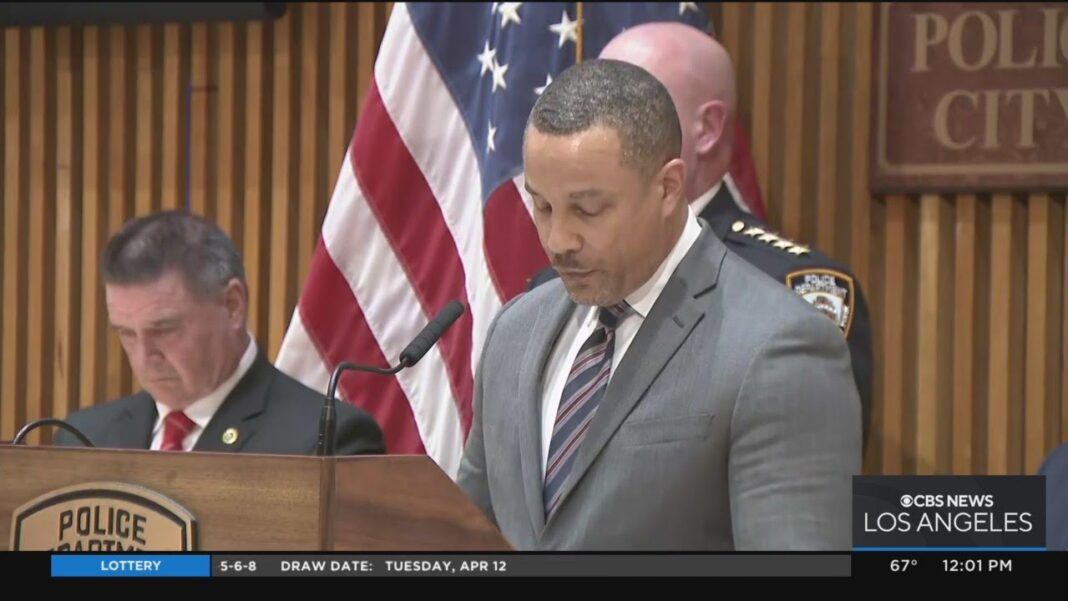
Facebook founder Mark Zuckerberg, who in the 2020 election cycle flooded election offices across the United States with hundreds of millions of dollars in grants, won’t be participating in such grantmaking this year, according to a spokesman.
Zuckerberg and his wife, Priscilla Chan, made $419.5 million in donations to nonprofits—“Zuckerbucks” or “Zuckbucks,” as some have called the money—$350 million of which went to the “Safe Elections” Project of the left-wing Center for Technology and Civic Life (CTCL). The other $69.5 million went to the Center for Election Innovation and Research. The CTCL reportedly distributed grants to upward of 2,500 election offices.
Zuckerberg spokesman Ben LaBolt, who was previously spokesman for Barack Obama’s 2008 presidential campaign, said the donations were a one-time deal.
“As Mark and Priscilla made clear previously, their election infrastructure donation to help ensure that Americans could vote during the height of the pandemic was a one-time donation given the unprecedented nature of the crisis,” LaBolt told The New York Times on April 12. “They have no plans to repeat that donation.”
The money was supposed to be used to buy personal protective equipment and new ballot-counting equipment, train poll workers, and expand mail-in voting.
But critics have a less charitable take on what happened. They say the Zuckerbergs helped buy the presidency for presidential candidate Joe Biden by improperly influencing election officials and artificially driving up turnout in Democrat, but not Republican, strongholds across the nation.
Author J.D. Vance, who’s seeking the Republican nod for the Ohio U.S. Senate seat, said on April 12 on the campaign trail that he believed the 2020 presidential election was stolen through fraud. Illegal ballot harvesting and Zuckerberg putting money into Democratic turnout in battleground states were also key in the election, he said.
The donations spawned a series of lawsuits across the country. For example, last month, the Thomas More Society filed a complaint with the Wisconsin Elections Commission claiming that Milwaukee officials were involved in an election bribery scheme for accepting election-assistance money from CTCL, as The Epoch Times reported.
Grants to election administrators created “a two-tiered election system that treated voters differently depending on whether they lived in Democrat or Republican strongholds,” Phill Kline, director of the Amistad Project of the Thomas More Society, wrote in a report in late 2020.






